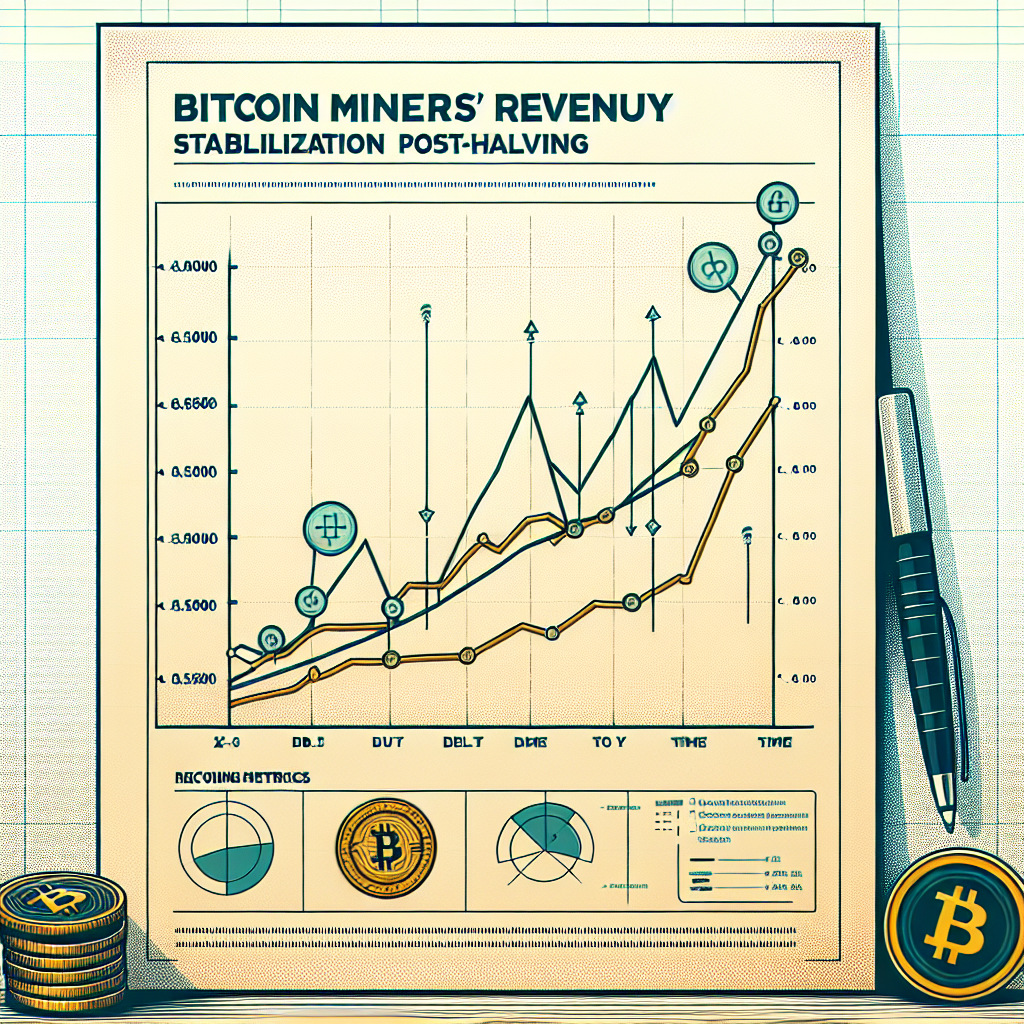
Major Political Developments Shaping Global Affairs on March 29, 2025
On March 29, 2025, several significant political developments unfolded across the globe, reshaping international relations and influencing diplomatic strategies. Foremost among these was the conclusion of a landmark summit held in Geneva, where world leaders convened to address escalating tensions surrounding climate change commitments. After extensive negotiations, representatives from major industrialized nations reached a consensus on stricter emission reduction targets, signaling a renewed global commitment to environmental sustainability. This agreement, hailed by environmental advocates as a critical step forward, is expected to influence national policies and economic strategies significantly in the coming years.
Meanwhile, diplomatic relations between the United States and China experienced a notable shift as both nations agreed to resume high-level trade discussions after months of stalled negotiations. This breakthrough followed a series of diplomatic exchanges aimed at reducing economic tensions and fostering mutual cooperation. Analysts suggest that this renewed dialogue could potentially ease global market uncertainties and stabilize international trade dynamics, benefiting economies worldwide. However, experts caution that substantial differences remain, and sustained diplomatic efforts will be necessary to achieve lasting agreements.
In Europe, political attention centered on the European Union’s announcement of new measures designed to strengthen cybersecurity across member states. Prompted by recent cyberattacks targeting critical infrastructure, EU leaders emphasized the urgency of enhancing digital resilience and cooperation among member countries. The proposed measures include increased funding for cybersecurity initiatives, improved intelligence sharing, and stricter regulatory frameworks for technology companies operating within the EU. Observers note that these developments reflect a broader global trend toward prioritizing cybersecurity as a key component of national security strategies.
Elsewhere, political developments in the Middle East took center stage as regional powers convened in Cairo to discuss ongoing conflicts and humanitarian crises. Leaders from Egypt, Saudi Arabia, Turkey, and Iran engaged in unprecedented diplomatic dialogue aimed at reducing regional tensions and promoting stability. Although significant differences persist among these nations, the willingness to engage in direct discussions marks a positive step toward regional cooperation. International observers remain cautiously optimistic, recognizing that sustained diplomatic engagement will be essential to achieving meaningful progress in resolving longstanding conflicts.
In Latin America, political developments were marked by widespread demonstrations in several countries, notably Brazil and Argentina, where citizens protested against economic austerity measures and perceived governmental corruption. These protests underscore growing public dissatisfaction with economic policies and governance practices, prompting governments to reconsider their approaches to economic reform and transparency. Political analysts suggest that these demonstrations could lead to significant policy shifts and increased accountability measures in the region.
Finally, in Africa, political attention focused on Nigeria’s presidential election preparations, as candidates intensified their campaigns ahead of the upcoming vote. With the election scheduled for next month, international observers have emphasized the importance of ensuring transparency and fairness throughout the electoral process. The outcome of this election is expected to have significant implications for regional stability and economic development, given Nigeria’s influential role within the continent.
Collectively, these political developments on March 29, 2025, highlight the interconnected nature of global affairs and underscore the importance of diplomatic engagement, cooperation, and strategic policymaking in addressing complex international challenges. As nations navigate these evolving dynamics, continued dialogue and collaboration will remain essential in shaping a stable and prosperous global community.
Key Economic Highlights and Market Updates for March 29, 2025

On March 29, 2025, global markets experienced notable fluctuations driven by a series of economic developments and policy announcements. Investors closely monitored these events, as they provided critical insights into the trajectory of the global economy and influenced market sentiment significantly.
In the United States, the Department of Commerce released its quarterly GDP report, revealing a growth rate of 2.8% for the first quarter of 2025. This figure slightly exceeded analysts’ expectations of 2.6%, indicating sustained economic resilience despite ongoing inflationary pressures. The report highlighted robust consumer spending and increased business investment as primary drivers behind this growth. However, economists cautioned that persistent inflation and rising interest rates could pose challenges to maintaining this momentum in subsequent quarters.
Following the GDP announcement, the Federal Reserve signaled its intention to maintain a cautious stance on monetary policy. In a statement issued today, Fed Chair Jerome Powell emphasized the central bank’s commitment to closely monitoring inflation data and employment figures before making further adjustments to interest rates. Powell’s remarks reassured investors, who had been concerned about potential aggressive rate hikes. Consequently, U.S. equity markets responded positively, with the Dow Jones Industrial Average closing up 0.7%, while the S&P 500 and Nasdaq Composite gained 0.9% and 1.2%, respectively.
Across the Atlantic, European markets experienced mixed results amid ongoing geopolitical tensions and economic uncertainty. The European Central Bank (ECB) released its latest economic outlook, projecting moderate growth of 1.5% for the Eurozone in 2025. ECB President Christine Lagarde noted that while inflationary pressures had eased slightly, the bank remained vigilant and prepared to adjust monetary policy as necessary. In response, the FTSE 100 in London closed marginally higher by 0.3%, while Germany’s DAX and France’s CAC 40 ended the trading session down by 0.2% and 0.1%, respectively.
In Asia, markets were influenced by China’s latest manufacturing data, which indicated a modest expansion in factory activity for March. The Purchasing Managers’ Index (PMI) rose to 51.2, up from 50.8 in February, signaling continued recovery in the world’s second-largest economy. Analysts attributed this improvement to increased domestic demand and easing supply chain disruptions. Nevertheless, concerns remained regarding China’s property sector and its potential impact on broader economic stability. Asian markets reacted cautiously, with the Shanghai Composite Index closing slightly higher by 0.4%, while Japan’s Nikkei 225 and Hong Kong’s Hang Seng Index recorded modest gains of 0.5% and 0.6%, respectively.
Commodity markets also experienced notable movements today, driven by shifting economic indicators and geopolitical developments. Crude oil prices rose by approximately 1.8%, with Brent crude futures settling at $84.50 per barrel, reflecting optimism about global demand recovery and ongoing supply constraints. Meanwhile, gold prices edged lower by 0.3%, closing at $1,920 per ounce, as investors shifted toward riskier assets amid improved market sentiment.
Overall, the economic highlights and market updates for March 29, 2025, underscored the interconnectedness of global economies and the sensitivity of markets to policy decisions and economic data. Investors will continue to closely monitor upcoming reports and central bank announcements, as these factors will undoubtedly shape market dynamics in the weeks ahead.
Notable Technological Innovations and Breakthroughs Reported on March 29, 2025
On March 29, 2025, several notable technological innovations and breakthroughs were reported, highlighting significant advancements across various sectors. Among the most prominent announcements was the unveiling of a new generation of quantum computing processors, which promise to revolutionize computational capabilities. Researchers from a leading technology institute revealed a quantum processor capable of performing complex calculations at unprecedented speeds, significantly surpassing the capabilities of existing supercomputers. This breakthrough is expected to accelerate advancements in fields such as cryptography, pharmaceuticals, and artificial intelligence, potentially reshaping industries and enhancing global technological competitiveness.
In addition to quantum computing advancements, significant progress was reported in renewable energy technologies. A consortium of international scientists announced the successful testing of a highly efficient solar cell prototype, achieving a record-breaking energy conversion efficiency rate. This innovative solar cell utilizes advanced materials and nanotechnology to capture and convert sunlight more effectively, potentially reducing costs and increasing accessibility to renewable energy sources worldwide. Experts anticipate that this development will play a crucial role in global efforts to combat climate change and transition toward sustainable energy solutions.
Meanwhile, advancements in biotechnology also captured attention, as researchers announced a groundbreaking gene-editing technique capable of precisely targeting and correcting genetic mutations associated with hereditary diseases. Utilizing an enhanced version of CRISPR technology, scientists demonstrated the ability to edit genes with remarkable accuracy and minimal off-target effects. This innovation holds significant promise for treating genetic disorders previously considered incurable, offering hope to millions of patients worldwide. Ethical considerations surrounding gene-editing technologies remain a topic of ongoing debate; however, the potential medical benefits of this breakthrough are widely acknowledged.
Furthermore, the transportation sector witnessed a notable technological milestone with the successful demonstration of autonomous electric aircraft designed for urban air mobility. A prominent aerospace company showcased its latest prototype, capable of vertical takeoff and landing, autonomous navigation, and efficient electric propulsion. This innovation aims to alleviate urban congestion and reduce carbon emissions by providing a sustainable alternative to traditional ground transportation. Regulatory authorities and industry stakeholders are closely monitoring developments in autonomous aviation, recognizing its potential to transform urban transportation infrastructure and improve quality of life in densely populated cities.
In the realm of artificial intelligence, researchers unveiled an advanced AI model capable of understanding and generating human language with unprecedented accuracy and contextual awareness. This sophisticated language model demonstrates significant improvements in natural language processing, enabling more effective communication between humans and machines. Potential applications include enhanced virtual assistants, improved translation services, and more intuitive human-computer interactions. However, experts caution that responsible deployment and ethical considerations must accompany the integration of such powerful AI technologies into society.
Collectively, these technological breakthroughs reported on March 29, 2025, underscore the rapid pace of innovation and the transformative potential of emerging technologies. From quantum computing and renewable energy to biotechnology, autonomous transportation, and artificial intelligence, these advancements promise to reshape industries, improve quality of life, and address some of humanity’s most pressing challenges. As society continues to embrace technological progress, careful consideration of ethical implications and responsible implementation will remain essential to harnessing the full potential of these groundbreaking innovations.




